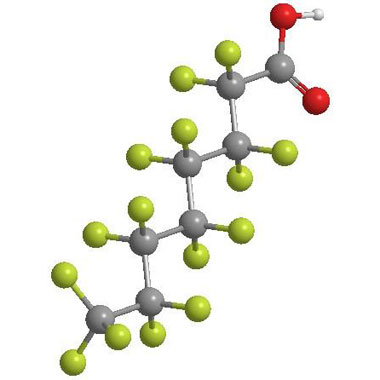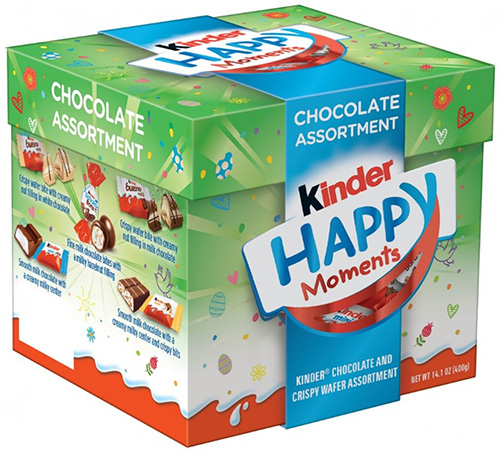

Understanding who—and what—is covered under the FDA Produce Safety Rule as well as your options when working with non-covered suppliers can help food manufacturers reduce the risk of receiving contaminated produce.

Understanding who—and what—is covered under the FDA Produce Safety Rule as well as your options when working with non-covered suppliers can help food manufacturers reduce the risk of receiving contaminated produce.

A new study highlights the most effective strategies for combating norovirus in retail food establishments.

Public concern and awareness of the risks of PFAS combined with increased regulatory action and a new method to break down some of the most harmful compounds are signaling the food and beverage industry that its time to embrace detection and mitigation.

Halal certification proves that a manufacturer has fully implemented halal practices at a facility. However, there is a hidden risk to certification: non-halal materials can be carried into production areas via culture media. Andreas Bubert, Ph.D., Senior Global Product Manager Culture Media at Merck KGaA, discusses the concerns behind commonly used culture media and how to ensure halal-compliance.

The Jamaica National Agency for Accreditation (JANAAC) now has the authority to accredit certification bodies with the ability to conduct food safety audits.

A multi-state listeria outbreak has been linked to Big Olaf ice cream. So far, there are 23 reported illnesses, 22 hospitalizations and one death associated with the outbreak. The reports span 10 states.

New data on the occurrence of Salmonella contamination in poultry, which revealed changes in the most common serotypes, an increase in antimicrobial resistant isolates and shifting seasonal patterns, have led the FSIS to announce a review of its 2015 standards.

The recalled products were distributed to retail locations nationwide.

The voluntary recall affects two Kinder products that have been distributed in the United States.

Guangtao Zhang, Ph.D., director of the Mars Global Food Safety Center, talks about the need to advance understanding and knowledge sharing in allergen management, especially peanut allergen detection, and how Mars is working to improve detection methods.